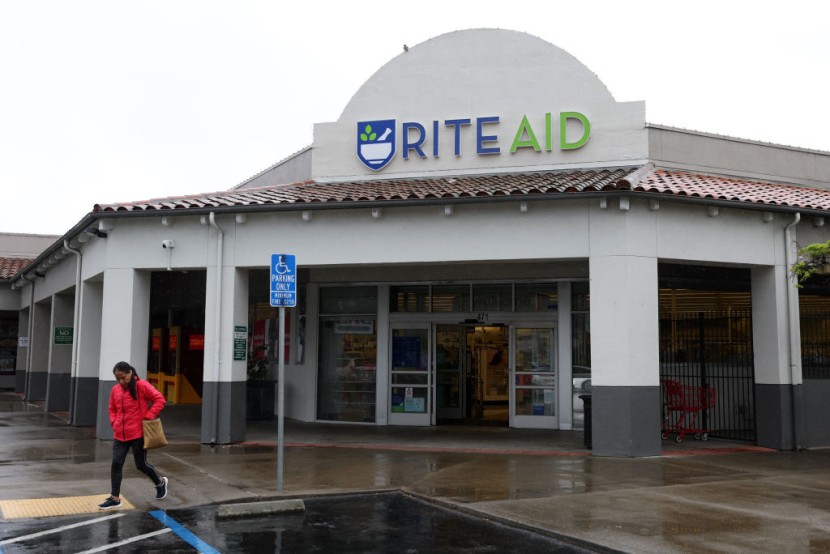The Federal Trade Commission (FTC) said on Tuesday, December 19, that the drugstore chain Rite Aid had abused face recognition technology, which led to humiliation and unfair searches for customers. The use of this technology at retail establishments, airports, and other locations throughout the country may be called into question because of this case.
In an effort to curb shoplifting and other disruptive customers, Rite Aid allegedly turned on face-scanning equipment in hundreds of shops between 2012 and 2020. This system uses artificial intelligence (AI) to try to identify individuals recorded by security cameras.
However, there has been a history of racial bias and erroneous matches in the technology, and the chain has been careless in its refusal to implement safeguards, as per The Washington Post. The FTC said that this caused store personnel to falsely accuse customers of stealing, which resulted in "embarrassment, harassment, and other harm" in front of other people.

Tech Misapplication
According to the FTC's federal court lawsuit, one incident involved a Rite Aid staff member searching an 11-year-old girl due to a mistaken face recognition match. The kid was so distressed by the search that her mother had to skip work. Another incident included the use of police force against a Black customer who was mistaken for the intended target, a White lady with blonde hair, only because the technology had erred.
In a press release, Rite Aid clarified that the number of locations using face recognition was restricted and that the pilot program had been terminated over three years ago, prior to the start of the FTC's inquiry.
The FTC claimed that as part of the settlement, the corporation committed to refraining from using the technology for five years, erasing any acquired face photos, and providing yearly compliance updates.
The corporation expressed its alignment with the FTC's aim to safeguard customer privacy and voiced respect for the agency's probe.
FTC said Rite Aid's tech scanned a big database of known and suspected shoplifters for matches when consumers entered the store. The tech would alert the store staff to keep a tight eye on the customer whenever it found a match.
In a report by The Washington Post, the FTC said that the database's inclusion of low-resolution photographs from grainy smartphones and security cameras diminished the quality of the matches. When staff saw inappropriate matches, it would lead them to follow clients throughout the shop or even contact the police, even if they had not observed any criminal activity.
Apparently, Rite Aid failed to inform its customers about the technology's use and even had its staff refrain from disclosing the technology's existence to consumers or the media. According to the FTC, Rite Aid collaborated with two firms to compile its "persons of interest" database, which included hundreds of photos. Those involved companies remained anonymous.
© 2025 HNGN, All rights reserved. Do not reproduce without permission.








